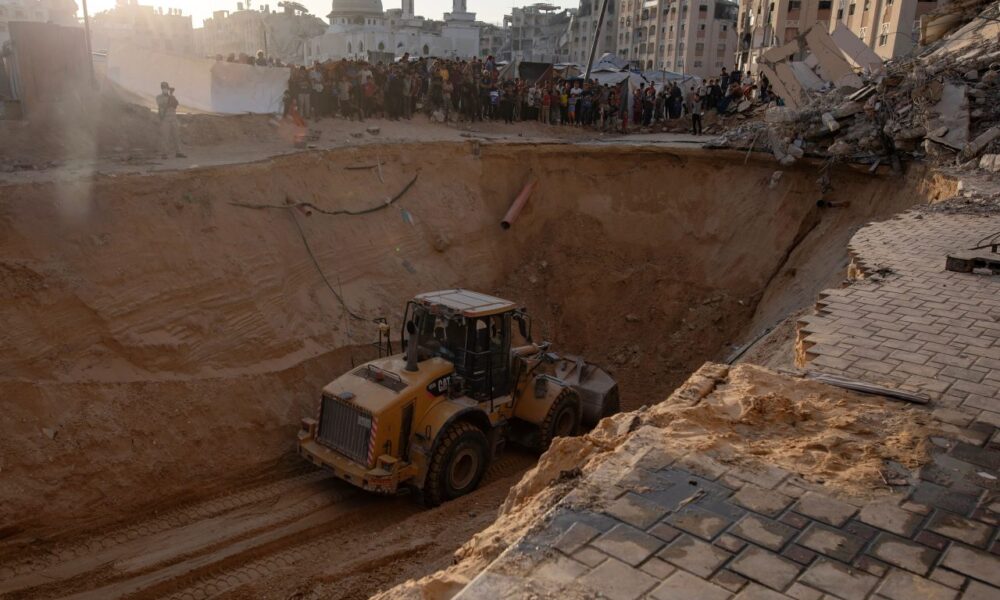Israel’s military has continued to conduct targeted strikes in Gaza despite the ongoing cease-fire, citing threats from militants and vehicles that failed to heed warnings. This activity has raised concerns about the fragility of the truce, which aims to alleviate humanitarian suffering.
The Israeli Defense Forces (IDF) confirmed that their operations were focused on specific threats, including militants who posed immediate dangers. According to military spokespersons, these actions were necessary to ensure the safety of Israeli citizens. “We will not hesitate to act against any threats that arise during this cease-fire period,” an IDF official stated.
Details on the Cease-Fire and Strikes
The cease-fire, which was implemented on October 15, 2023, was intended to facilitate humanitarian aid delivery to the besieged population in Gaza. However, these recent strikes by the IDF have prompted criticism from various international observers. Analysts note that the continued military actions could undermine the cease-fire’s objectives, potentially leading to a resurgence of hostilities.
Reports indicate that the IDF targeted specific vehicles that approached military zones without stopping, which they consider a violation of established warnings. “Our troops are on high alert, and any movement that is deemed suspicious will be addressed accordingly,” the official added.
Humanitarian organizations have expressed alarm regarding the implications of these strikes. They stress that any military action during a cease-fire could lead to increased civilian casualties and further complicate relief efforts. “Humanitarian access is critical right now, and any disruption can have severe consequences,” said a representative from a leading international aid organization.
International Reactions and Future Implications
The international community has reacted with a mix of concern and criticism. Governments and agencies are closely monitoring the situation, urging both parties to adhere to the cease-fire terms. The United Nations has called for restraint, emphasizing the need for dialogue to foster lasting peace in the region.
As the situation remains fluid, it is essential for all involved to prioritize humanitarian efforts while also addressing security concerns. The balance between military actions and peace negotiations will be crucial in determining the future of Israeli-Palestinian relations.
The ongoing tensions highlight the complexities of the conflict, where military actions and humanitarian needs often intertwine. With the cease-fire still in place, the hope remains that both sides can navigate these challenges to achieve a more stable and peaceful environment for the people of Gaza and Israel.







